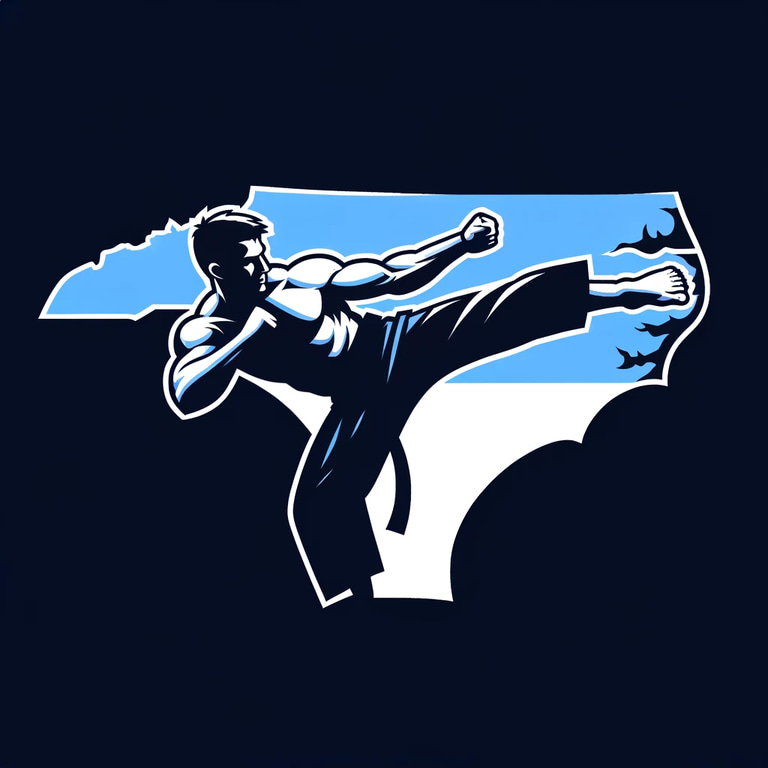PRIDE Never Dies
Was Pride FC the realist mma organization ever to exist? Will there ever be another?
5/14/20242 min read
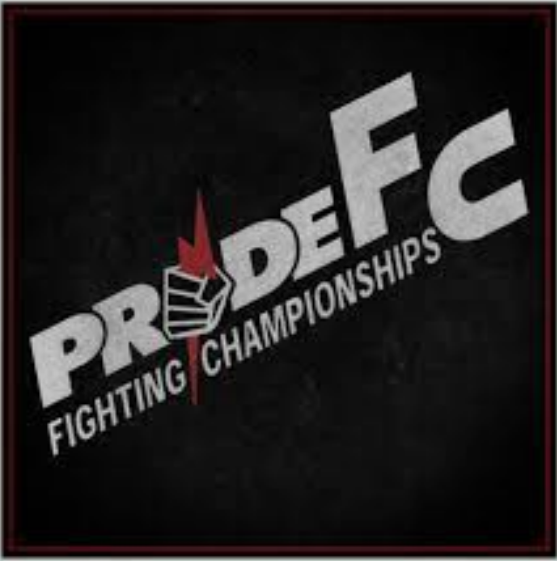

Pride Fighting Championships (Pride FC) was a premier mixed martial arts (MMA) organization based in Japan. It played a crucial role in the evolution and popularization of MMA globally. Here’s a detailed history of Pride FC:
Formation and Early Years
Founding: Pride FC was founded by Nobuyuki Sakakibara and initially promoted by Kakutougi Revolution Spirits (KRS). The first event, Pride 1, took place on October 11, 1997, at the Tokyo Dome.
Inspiration: The creation of Pride FC was inspired by the popularity of Vale Tudo and the burgeoning interest in MMA, particularly following the success of the Ultimate Fighting Championship (UFC) in the United States.
Key Events and Growth
Early Stars: The early Pride events featured notable fighters such as Rickson Gracie, who headlined the first event against Japanese pro-wrestling star Nobuhiko Takada. Rickson Gracie's victory helped establish Pride’s reputation.
Grand Prix Tournaments: Pride FC became famous for its Grand Prix tournaments, which were multi-event competitions to determine the best fighters in various weight classes. These tournaments included:
2000 Openweight Grand Prix: Won by Mark Coleman.
2003 Middleweight Grand Prix: Won by Wanderlei Silva.
2004 Heavyweight Grand Prix: Won by Fedor Emelianenko.
2005 Middleweight Grand Prix: Won by Mauricio "Shogun" Rua.
2006 Openweight Grand Prix: Won by Mirko Cro Cop.
Peak Popularity
Star Fighters: Pride FC showcased some of the biggest names in MMA history, including Fedor Emelianenko, Wanderlei Silva, Kazushi Sakuraba, Antonio Rodrigo Nogueira, Mirko Cro Cop, and Quinton "Rampage" Jackson.
Production Quality: Pride FC events were known for their high production values, including elaborate entrances, large-scale pyrotechnics, and a distinctive ring as opposed to the UFC's octagon.
Rules: Pride FC had its own set of rules, which included soccer kicks and stomps to the head of a grounded opponent, which were not allowed in the UFC.
Challenges and Decline
Yakuza Scandal: In 2006, Pride FC faced a major scandal when allegations of connections to the Yakuza (Japanese organized crime) surfaced. This led to the loss of key television deals and sponsors, significantly impacting the organization's financial stability.
Decline: The loss of television revenue and sponsors forced Pride FC to struggle financially. The lack of broadcast visibility in Japan diminished its ability to generate revenue and attract top talent.
Acquisition by Zuffa and Closure
Purchase by Zuffa: In March 2007, Zuffa LLC, the parent company of the UFC, purchased Pride FC for an estimated $70 million.
Integration: Initial plans to run Pride FC as a separate entity were quickly abandoned. The UFC absorbed many of Pride’s top fighters and began to integrate them into its roster.
Final Event: Pride 34, held on April 8, 2007, was the last official event under the Pride FC banner.
Legacy
Influence on MMA: Pride FC is remembered as one of the most influential organizations in MMA history. It was instrumental in showcasing a diverse array of fighting styles and international fighters.
Fighter Development: Many of the sport's legendary fighters either began their careers or significantly rose to prominence in Pride FC.
Cultural Impact: Pride FC's events set a standard for production and spectacle in MMA, influencing how MMA promotions are run to this day.
Pride FC's legacy continues to be celebrated by MMA fans and fighters alike, remembered for its unique contributions to the sport and its role in shaping modern mixed martial arts.
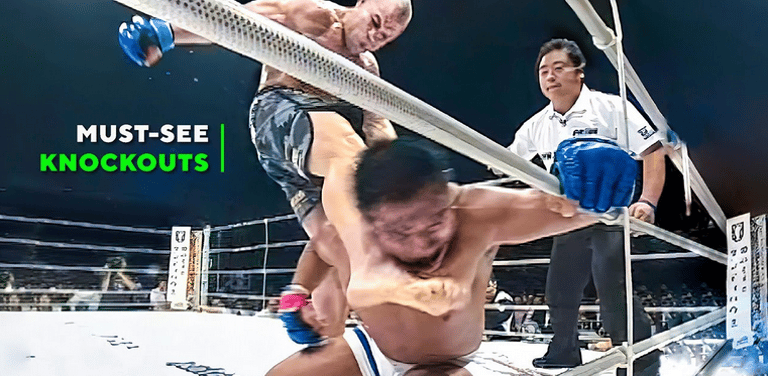
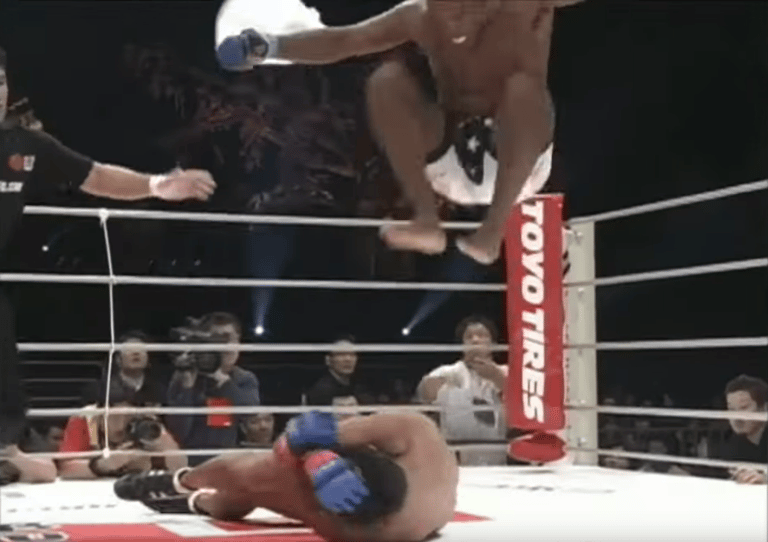
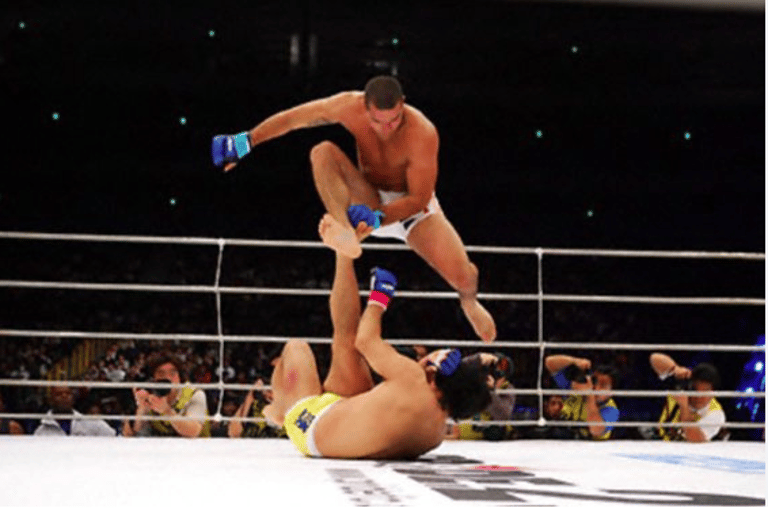
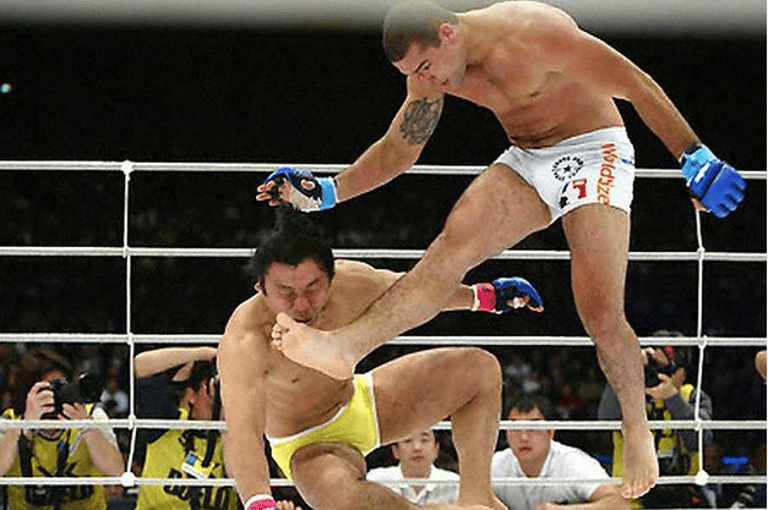
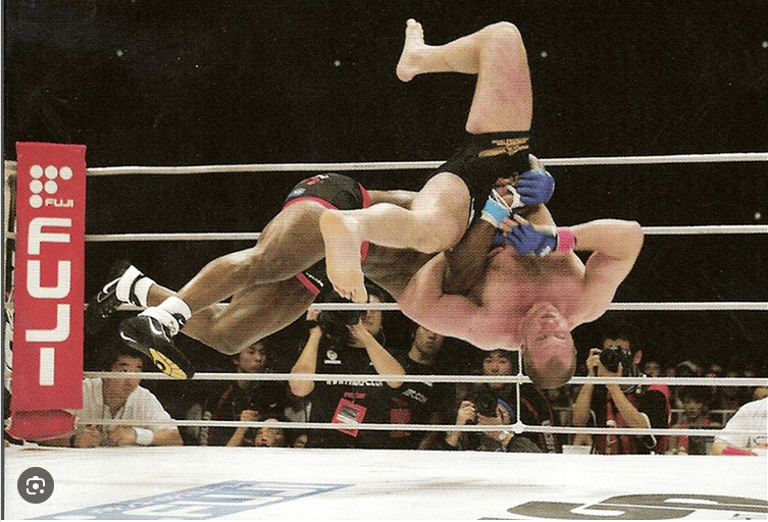
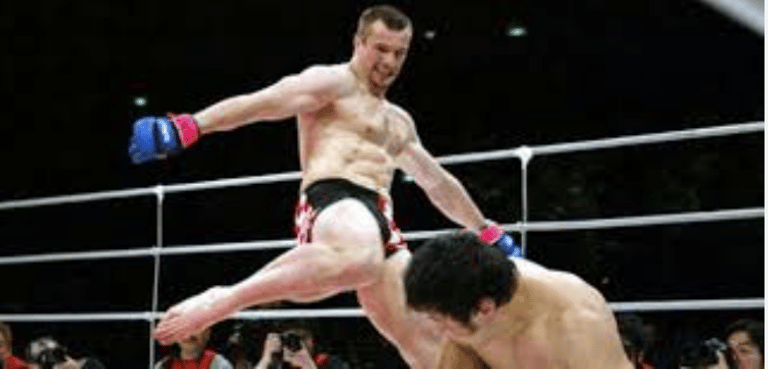
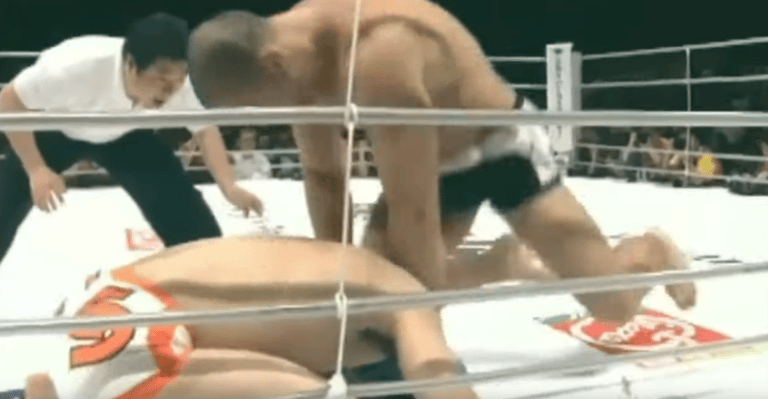
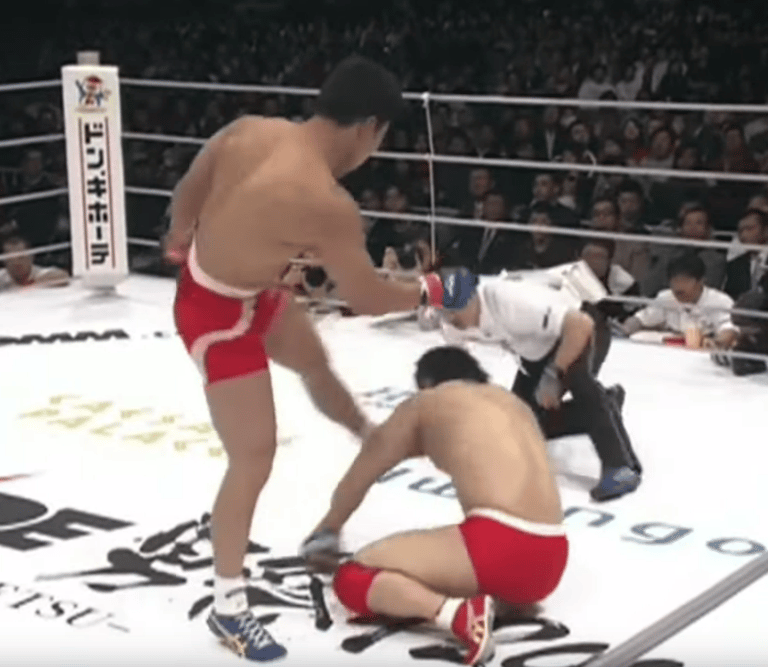
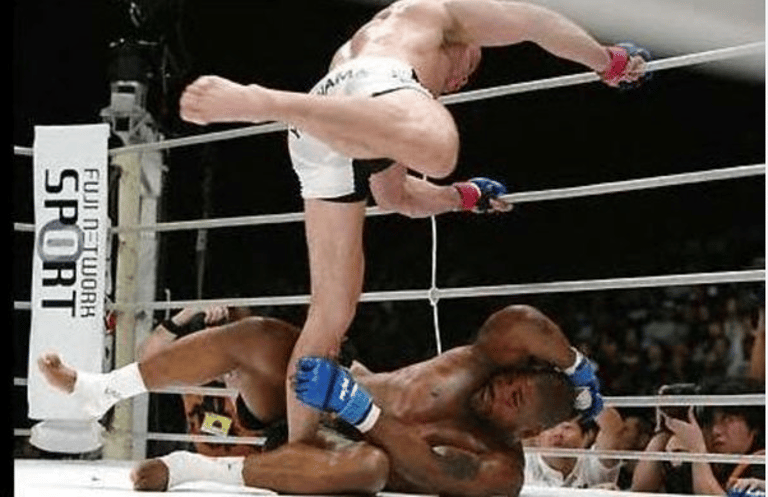
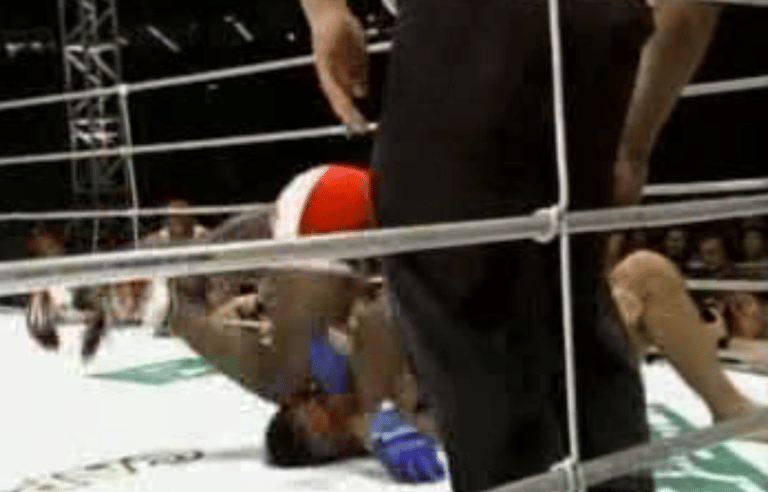
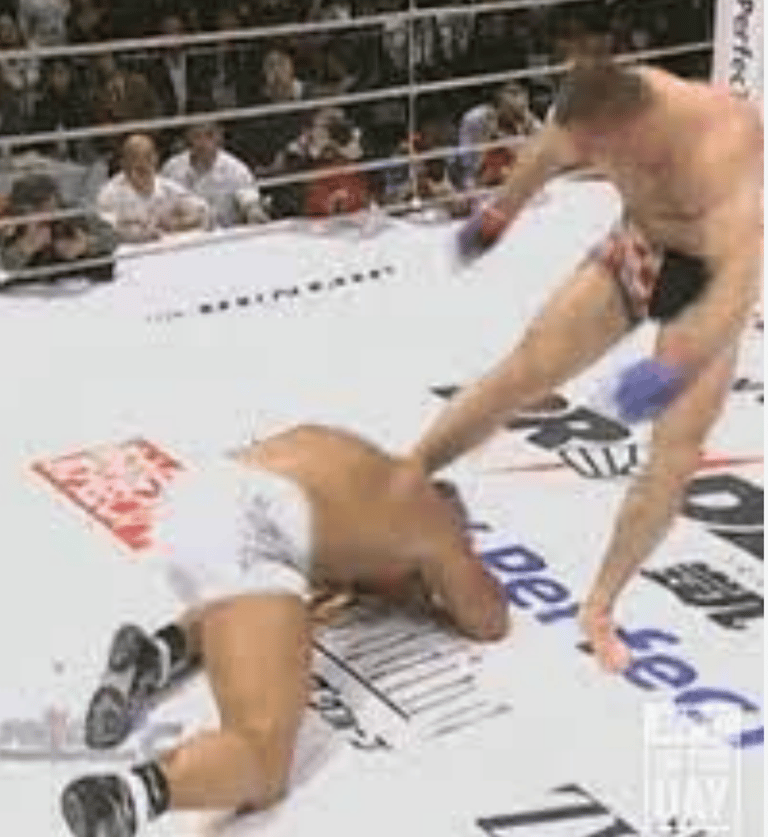
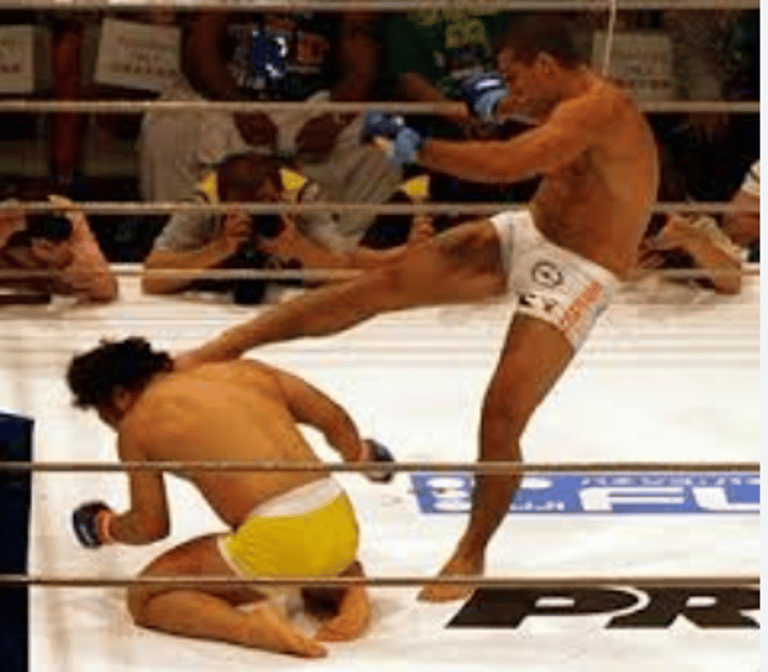
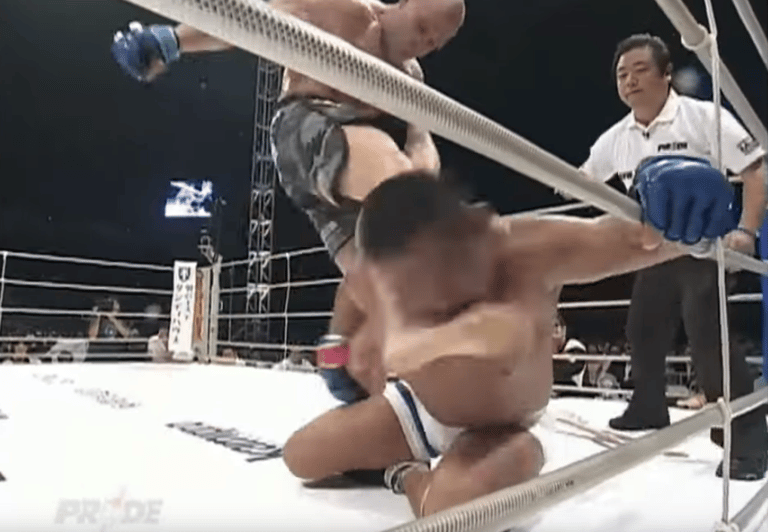
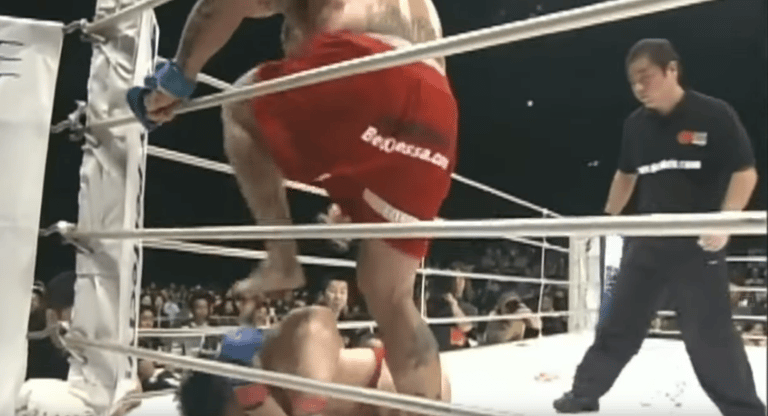














North South Knees, Head Stomps, and Rope grabs... they fought knowing it could be brain damage and last career match...PRIDE Fighters were built different. Many Pride fighters later became UFC Champions easily.
Contact
Reach Eric at ericthered@tarheelfightclub.com
